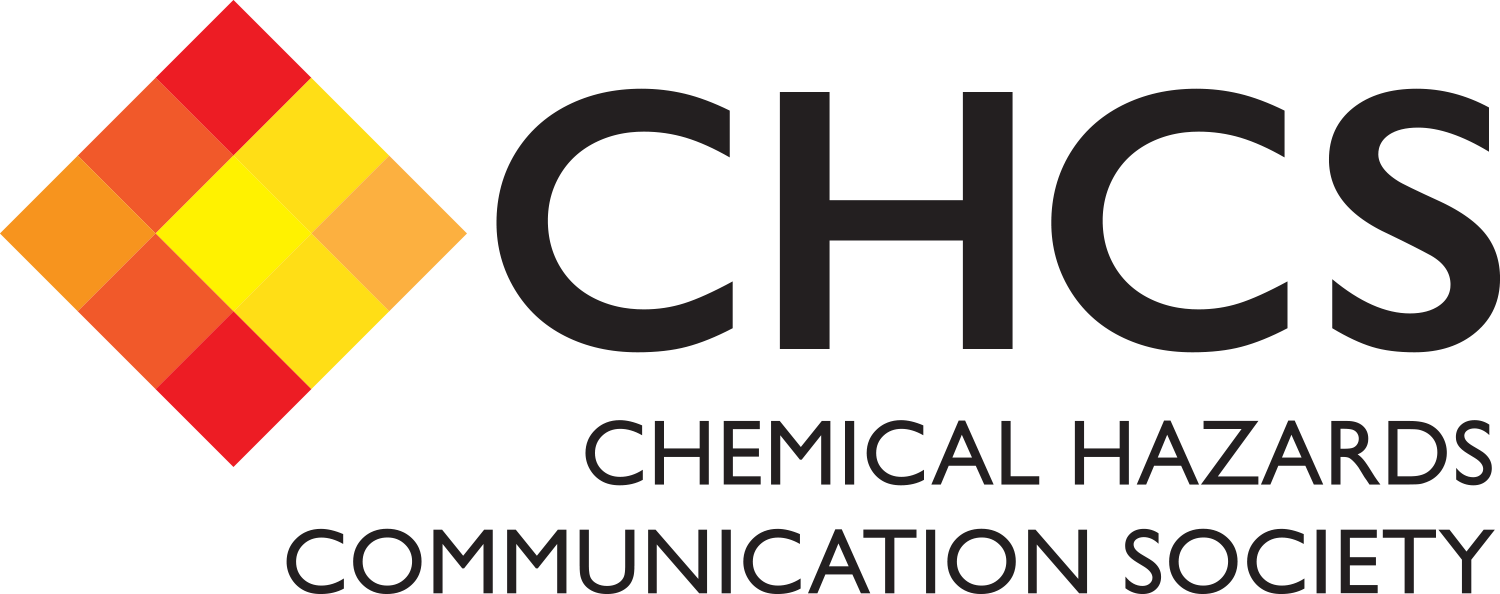
CHCS Training
Download The Flier
Module 12, Advanced Ecotoxicology (12.118)
There is more to ecotoxicity than you thought ...
Closing Date For Registrations: 4 May 2020 (midnight)
Following from Module 6 at the ‘basic’ level, we know that standard test data on the short-term effects to fish, Daphnia or algae can provide us with classification end points. We also know that some chemicals will biodegrade or hydrolyse in the environment and using these data, we can make basic assessments and complete (and understand) Module 12 of the SDS.
However, it is an unfortunate fact of life that many chemical products fail fit into the ideal of simple classification and risk assessment and in these cases, an advanced level of understanding in ecotoxicology is required.
This full-day training session has been put together to follow-up from the Basic Ecotoxicology course (Module 6) and is intended to build on these basic principles by considering more than acute aquatic toxicity studies. A further aim of the module is to help those reading data take a more critical approach to look for anomalies and to be able to pick out environmental concerns from the minimal data that are usually available to SDS writers.
Time is also given to finding data and to assess the quality of data; the internet is a wonderful tool and with the disseminated REACH dossiers providing unprecedented quantities of data it is even more important to discern the quality of data. The next challenge is to use this for self-classification of mixture.
The day is aimed at those with a reasonable technical understanding of ecotoxicology, and have ideally attended Module 6, and are ready to discuss chemistry, environmental fate and ecotoxicity.

Topics Covered Include:
- Dealing with difficult substances and mixtures
- An understanding of environmental risk
- Consideration of atmospheric, aquatic and terrestrial compartments
- Finding data and assessing quality
- Interpretation of data and identification of concern from minimal data
- The use of computer models, read across and educated guessing (SAR), especially for development products and mixtures
- Long-term effects of chemical, including the movement of pollutants
- Deliberate and accidental release scenarios
Numbers on the course are restricted to a maximum of 14 in order to create an informal atmosphere for discussion. Time will be made available for group work to examine some of the practical issues of study design and data interpretation. Delegates will be provided with an advanced reading list, with recommendations for documents to bring to the training day.

Module Presentation
We will deliver this training using the GoToWebinar online system (www.gotomeeting.com/en-gb/webinar), which we have used successfully for other CHCS events and training. You can use GoToWebinar free-of-charge on Windows, Macs, smartphones and tablets.
The sessions will run live and delegates can interact with the tutor and other delegates using their device microphone. The tutor will use a PowerPoint presentation, just as they would in face-to-face training. We will provide you with copies of the presentation and all other supporting documentation in advance of the training, by email. We are preparing a document giving more details about using GoToWebinar plus some tips for getting the best out of the day. This will be available shortly.

Module Tutor
The training will be given by Mark Selby of Denehurst Chemical Safety Ltd. Mark had many years' experience in this sector, from manufacturing industry, to contract test laboratories and now consulting.


Your Attention Is Drawn To These Conditions
Delegates can be substituted at any time, subject to payment of membership fee if applicable. However, once booked, the full fee is payable. As this is a limited space training event refunds can only be made if CHCS is notified in advance, and is able to successfully re-offer the place to another delegate.
CHCS reserves the right to alter or cancel the programme due to circumstances beyond our control. If CHCS cancels, then refunds will be made.
We only accept credit card payments for registrations made within 5 weeks of the course date.



